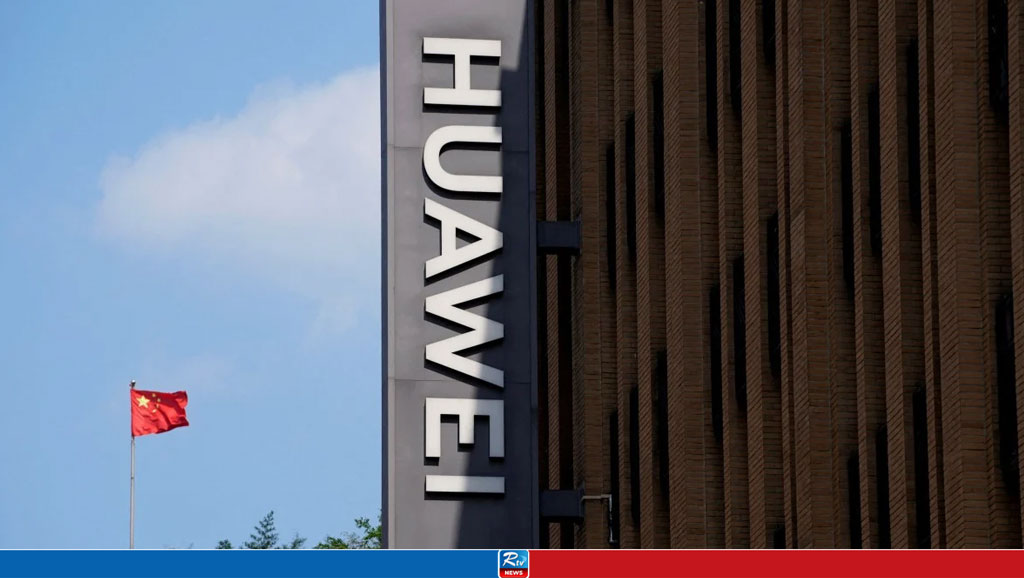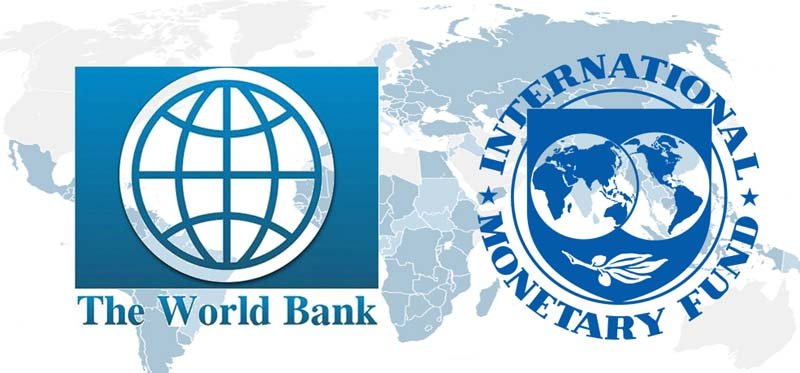China’s Stimulus Plan Disappoints

China’s recent stimulus plan has left many analysts and investors underwhelmed, as it falls short of addressing the deep-rooted economic challenges facing the country. Despite hopes for a robust package to revive growth, the measures announced have been seen as insufficient to tackle issues such as sluggish consumer spending, mounting debt, and a faltering property market.
The plan includes modest tax cuts, increased infrastructure spending, and support for small businesses, but critics argue that these steps lack the boldness needed to spur significant economic recovery. Additionally, the plan’s limited scope has raised concerns about the government’s commitment to structural reforms and long-term economic stability. As a result, market reactions have been tepid, with stock indices and investor confidence showing little improvement. The disappointment surrounding the stimulus plan underscores the complexities of navigating China’s economic landscape and the challenges of implementing effective policy measures in a rapidly changing global environment.
China’s economic planning agency unveiled new measures to boost the economy yesterday, but avoided major spending initiatives. The incremental approach seemed to disappoint investors, who had hoped for more ambitious actions. As markets reopened after a weeklong holiday, the Shanghai Composite Index initially surged by 10 percent but settled 4.59 percent higher. Meanwhile, Hong Kong’s Hang Seng Index plummeted by 9.41 percent.
Chinese National Development and Reform Commission Chairman Zheng Shanjie announced that the government would advance 100 billion yuan (US$14.2 billion) from next year’s budget, along with an additional 100 billion yuan for construction projects. This spending level fell short of the multitrillion yuan expectations analysts had predicted. Zheng affirmed that China remains on track to achieve its annual economic growth target of around 5 percent, despite facing significant challenges and a more complex global environment. UBS chief China economist Wang Tao noted that the market had anticipated a substantial fiscal stimulus. She suggested that a modest package of 1.5 trillion to 2 trillion yuan is more realistic in the near term, with an additional 2 trillion to 3 trillion yuan expected next year.
Late last month, China introduced a monetary stimulus package that included reductions in mortgage rates and the reserve requirements for banks. These measures represent the most aggressive efforts to date to revive the struggling property sector and accelerate economic growth. The commission emphasized that the new policies aim to boost investment and spending, and provide support to small and medium-sized enterprises that face challenges compared to large state-owned corporations. However, much of the announcement centered on technical details such as, payment regulations, project management, and the issuance of bonds for financing.
Chinese consumers may soon face higher prices for Remy Martin and other European brandies after the government announced provisional tariffs ranging from 30.6 to 39 percent on these liquors. This decision comes just four days after most EU countries imposed duties on China-made electric vehicles (EVs). The retaliatory move could provide Chinese negotiators with leverage in discussions with the EU to reduce or eliminate the tariffs of up to 35.3 percent on Chinese EVs, set to take effect at the end of this month. The brandy tariffs are provisional, requiring importers to deposit the tariff amount with Chinese customs starting Friday. This announcement follows a preliminary finding by the Chinese Ministry of Commerce in late August, which concluded that European brandy was being dumped in China, causing “substantial damage” to domestic producers.
The brandy investigation primarily targeted French producers of Cognac and similar spirits like Armagnac. France has backed the probe into Chinese-made EVs, while Germany, concerned about potential retaliation in the Chinese market, has opposed it. The provisional tariffs vary by brand, akin to the EU duties on Chinese EVs. For instance, Martell faces a 30.6 percent tariff, Remy Martin 38.1 percent, and Hennessey 39 percent. These tariffs affect dozens of companies, including some Spanish producers. China’s economic future appears uncertain and challenging in light of its recent stimulus plan. The measures introduced, which include modest tax cuts and increased infrastructure spending, have been criticized for their lack of boldness and inability to address the deeper issues plaguing the economy. With consumer spending remaining sluggish, mounting debt levels, and a struggling property market, the stimulus plan falls short of providing the necessary boost for a robust recovery.
Additionally, the limited scope of the plan raises doubts about the government’s commitment to implementing structural reforms that are crucial for long-term economic stability. As a result, investor confidence has waned, and market reactions have been tepid, reflecting the broader skepticism about the effectiveness of the stimulus measures. Without more comprehensive and aggressive policy interventions, China faces a bleak economic outlook, with the risk of prolonged stagnation and increased financial instability looming on the horizon.
Comments
Tens of Thousands Join Student-led Protests in Serbia

Guam arrests 7 Chinese nationals who tried to illegally enter US military site during missile test

US Plans to Blacklist Company That Ordered TSMC Chip Found in Huawei Processor

8 Bangladeshi Die in Mediterranean Sea

Azerbaijan Airlines Plane Crashes Near Kazakhstan's Aktau Airport

At Least 40 Killed in Kazakhstan Plane Crash, Report Says

China Launches New Generation Assault Ship 'Sichuan'


 Live Tv
Live Tv





